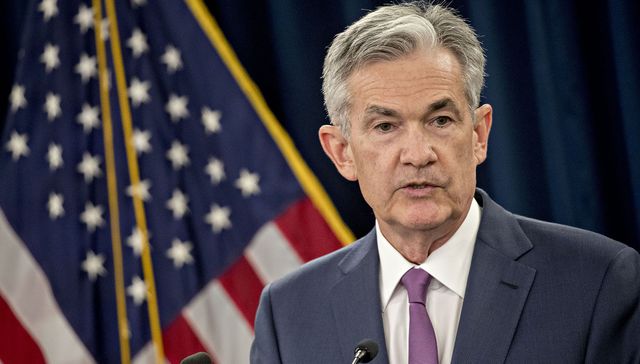medium.com/@skanda_97974/…
a.) State governments
b.) Households
c.) Businesses
More on each to follow
Esuring paid sick leave
Direct payments to households (like Feb-2008 stimulus)
Enhancements to unemployment insurance (relaxing restrictions, extending eligibility)










